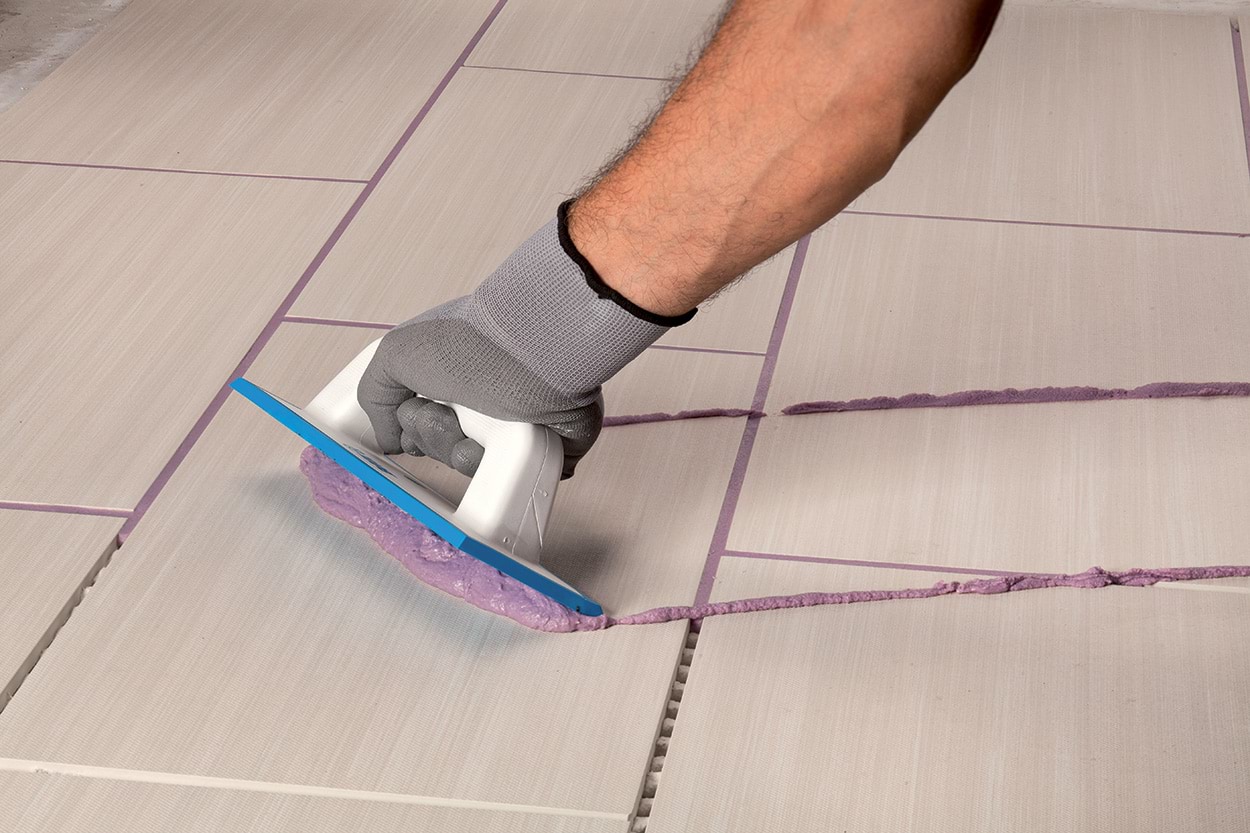When it comes to epoxy grout, its scent can be like a mysterious fragrance that lingers. You may have pondered, does epoxy grout truly emit an odor? The answer to this question may not be as straightforward as you think. Let’s uncover the nuances of epoxy grout’s olfactory impact and explore ways to address any potential aromas that may arise. Read Best Epoxy Grout India
Causes of Epoxy Grout Odors
- If you’re experiencing unpleasant odors from your epoxy grout, the likely causes can be traced back to improper installation or inadequate ventilation. Proper epoxy grout ventilation is crucial to prevent odors. When epoxy grout isn’t mixed correctly or applied improperly, it can lead to a chemical reaction that produces strong odors. Ensure that the epoxy grout is mixed according to the manufacturer’s instructions and applied evenly to avoid any issues.
- Inadequate ventilation can also exacerbate the smell of epoxy grout. Without proper airflow, the fumes from the curing process can get trapped and linger in the space, causing discomfort. To combat this, consider using odor masking techniques such as air purifiers or ventilation fans to help dissipate the odors more effectively.

Factors Influencing Smell Perception
- Improper installation and inadequate ventilation can significantly impact the perception of smell when it comes to epoxy grout. Odor sensitivity plays a crucial role in how individuals perceive the smell of epoxy grout. Some people may be more sensitive to certain odors, making them more likely to notice any scent emanating from the grout. Environmental factors such as temperature and humidity can also influence how strong the smell of epoxy grout is perceived to be. Higher temperatures can intensify odors, while increased humidity may prolong the time it takes for the smell to dissipate.
- Perception biases and personal preferences can further shape how individuals perceive the smell of epoxy grout. If someone has had a negative experience with epoxy grout in the past, they may be more likely to perceive the smell as unpleasant, even if it’s minimal. On the other hand, individuals with a preference for the smell of epoxy grout may not find it bothersome at all. It’s important to consider these factors when assessing the perception of smell associated with epoxy grout.
Tips for Minimizing Odors
- To minimize odors associated with epoxy grout, proper ventilation during and after installation is essential. Adequate airflow helps disperse any lingering odors quickly. During the installation process, ensure windows are open and fans are running to prevent odors from accumulating. After installation, continue ventilating the area for at least 48 hours. If the smell persists, consider using odor elimination techniques. Activated charcoal, baking soda, or vinegar can help absorb and neutralize odors effectively.
- In addition to ventilation and odor elimination methods, scented cleaners can be used to mask any remaining smells. Opt for cleaners with pleasant scents like citrus or lavender to help create a more pleasant environment. However, be cautious not to use cleaners that may react negatively with the epoxy grout. Always test a small, inconspicuous area first to ensure compatibility.
Removing Unpleasant Epoxy Grout Smells
- Consider utilizing specialized odor removal products designed specifically for epoxy grout to effectively eliminate any lingering unpleasant smells. When dealing with stubborn odors in epoxy grout, traditional cleaning methods may not suffice. Opt for enzymatic cleaners that target and break down the organic compounds causing the smell. These cleaners contain enzymes that digest the odor-causing molecules, effectively eliminating the source of the unpleasant scent.
- For a DIY approach, mix equal parts of water and white vinegar in a spray bottle. Spray the solution on the affected epoxy grout, let it sit for 10-15 minutes, then scrub with a brush. Rinse thoroughly with water to remove any vinegar residue. Alternatively, baking soda paste (baking soda mixed with water) can be applied to the grout lines, left for a few hours, then scrubbed and rinsed.
- In cases where the odor persists, consider using commercial odor neutralizers specifically formulated for epoxy grout. These products are designed to target and eliminate the source of the smell effectively. Remember to follow the manufacturer’s instructions for the best results in eliminating odors from epoxy grout.
Preventing Future Smell Issues
- To prevent future smell issues with epoxy grout, thoroughly seal the grout lines after cleaning to help prevent moisture and bacteria buildup that can lead to odors. Proper maintenance is crucial for odor prevention. After cleaning the grout lines to remove any existing smells, apply a high-quality epoxy grout sealer. This sealer acts as a barrier, preventing moisture from seeping into the grout lines and inhibiting the growth of odor-causing bacteria.
- Additionally, regular cleaning is essential for scent control. Use a mild detergent or specially formulated grout cleaner to regularly clean the grout lines. Avoid using harsh chemicals that can break down the sealant and make the grout more susceptible to odors. Ensure that the area is well-ventilated to help dry out the grout and prevent moisture accumulation. By following these odor prevention and maintenance tips, you can keep your epoxy grout smelling fresh and clean for years to come.
Conclusion
In conclusion, epoxy grout can emit odors due to various factors such as improper installation, high temperatures, or chemical reactions. By following proper installation techniques, maintaining good ventilation, and using odor-eliminating products, you can minimize and eliminate unpleasant smells associated with epoxy grout. Regular cleaning and maintenance will also help prevent future odor issues. Remember to always follow manufacturer’s guidelines and seek professional help if needed for persistent odors.

Leave a Reply